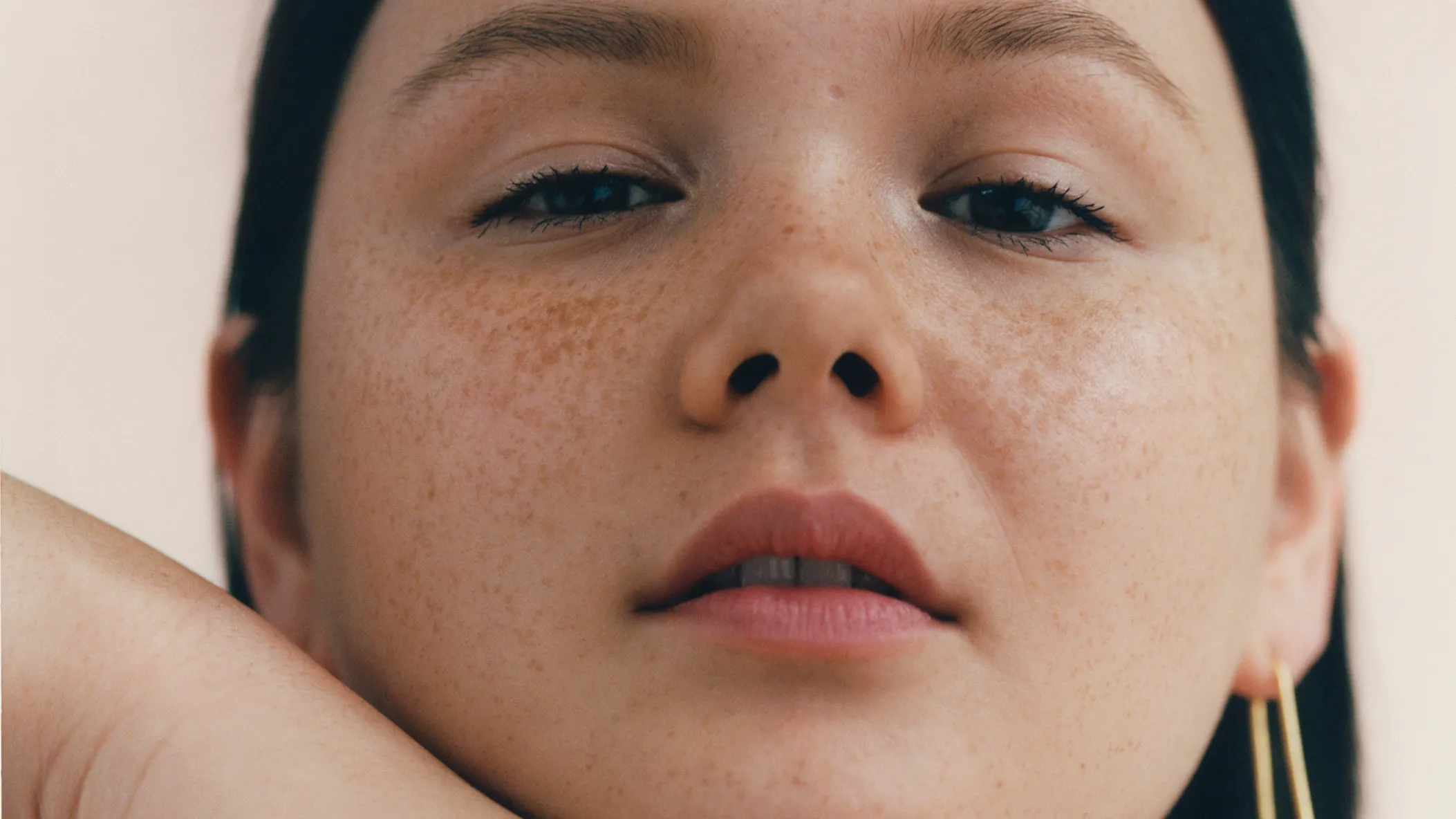Acne can be a serious issue for many people, but it is possible to fight back with just a few changes. Acne results from the over-production of sebum from your pores and the resultant clogging of the follicle opening. This can be triggered by many factors, including hormones, stress, inflammation, or even acne-causing bacteria on your skin. A new skincare regimen can control these triggers and keep them under control.
In this post, you will learn how to reduce acne with a new skincare regime.
1) Evaluate your skin
Before you can decide how to treat your acne, you need to assess it. Look at your face in the mirror and make note of what kinds of acne you are experiencing. This includes the following:
Is your acne limited to small areas on your face? (For example, around the mouth.) Do you have pimples on other parts of your body (your back or shoulders)? Is there only one type of acne on your face or a variety? Are there any visible symptoms other than pimples? (The most common is rough, dry skin. Other symptoms include redness and scaly patches).
2) Evaluate your skin’s current condition
Your skin is in a transitional stage. Your pores are larger and oilier than before puberty and have become more susceptible to acne. Acne symptoms—especially the redness, swelling, and oozing of pimples—can be infrequent or chronic. The breakouts you get often won’t just disappear overnight but will fade over time.
3) Evaluate your skin’s individual needs
Every person has unique needs based on their hormones and skin type. While it is difficult to determine what works for everyone else, it is possible to discover what works for you by doing the following:
Cleanse your face with a gentle, non-comedogenic cleanser twice a day. This will help to remove impurities that clog pores and cause pimples. Be sure to wash your face before you go to sleep because dirt can still clog pores even when lying in bed. Apply a non-comedogenic acne treatment designed specifically for your skin’s needs. If you find that after several weeks of following steps one and two, the breakouts are not clearing up, consult your dermatologist.
4) Introduce each regimen
There are many ways to control acne, such as Differin gel or creams, but starting slowly and introducing only one new step at a time is best. Once you have determined your needs, you must choose a skincare regimen that incorporates multiple steps rather than just focusing on one or two. This makes it easier to adjust the regimen as needed.
5) Be patient
Although acne treatment can be beneficial, it is important to remember that the breakouts you get will not disappear overnight. It will take time for this new skincare regime to work its magic and for your skin type to respond. However, most people find that after a few weeks of following their new regimen, there is an improvement in their skin.
Acne can be frustrating and keep you from feeling confident because it can make you feel self-conscious about your skin. However, you will feel better about yourself by learning how to reduce acne with a new skincare regime.

